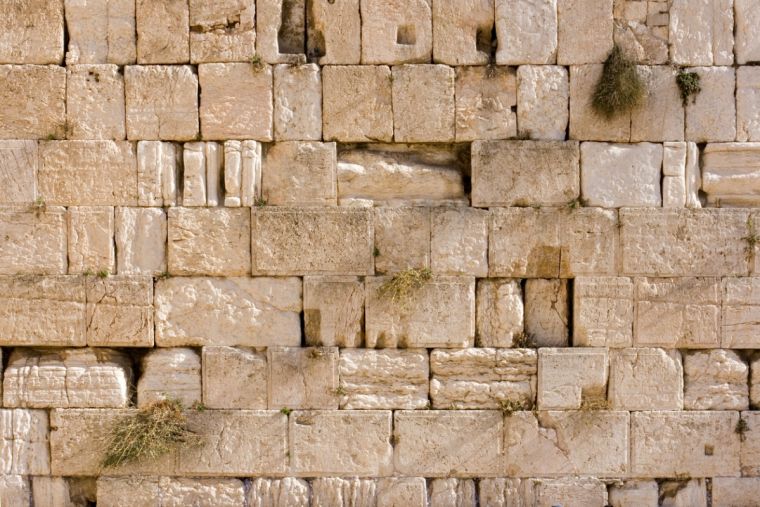From affliction to hope: Isaiah's message for our times

Jewish academic and Hebrew scholar Irene Lancaster reflects on Isaiah Chapter 1 and the saddest period in the Jewish calendar.
To accompany this Shabbat's Torah reading of Devarim (Deuteronomy 1-3:22) we have Isaiah Chapter 1. This is known as the 3rd Haftorah of affliction. It is always read on the Shabbat preceding Tisha B'Av, which this year starts on Monday night, finishing Tuesday night.
We are currently in the three-week period between the Fast of Tammuz and the Fast of Av, the saddest period in the Jewish calendar, during which the Temple in Jerusalem was destroyed.
It is a period when we ask ourselves why our Land, our Holy City and our Holy Temple were destroyed.
How can we improve our approach to service, as a way of life, not merely as a series of ritual practices? How can we stop merely paying lip service and learn instead how to completely internalize the lessons of Torah?
Even the ox knows its owner and the donkey knows where its food comes from. They know these things through animal instinct. But Israel, G'd's children, know through intelligence and memory of G-d's beneficence, and yet fail to comprehend that His special treatment imposes special responsibilities. Israel's good fortune depends on allegiance to G-d's Torah. But Israel have forsaken G-d and that is why they have been smitten with sickness, fire and complete destruction.
Israel and the Temple are referred to as 'daughter'. However she is not completely destroyed. Verse 9 refers to the 'trace of a remnant' which will be left behind. After Assyria takes the 10 northern tribes into captivity and conquers most of Judah, G-d preserves a small remnant of the tribes of Judah and Benjamin, Rachel's children.
G-d cannot abide mendacity in service. Service has to go together with learning how to do good, seeking justice, supporting the oppressed, and pleading the case of the orphan and the widow.
It is only when the weak in society are vindicated that G-d will heed His people once again. True repentance, ie returning to Torah, leads to G-d forgiving even the most heinous of sins. There are two types of red and two types of white. Repentance washes out scarlet sin like snow. But crimson is darker and can only be cleansed to the off-white colour of sheep's wool.
Verses 21-23 are a lament for what Jerusalem, the Holy City, once was, and what she might still become. She has become unfaithful to G-d and His Torah, but redemption is possible. Through the repentance of her inhabitants, Jerusalem will be restored; G-d will return her judges and counsellors as 'at first'. At that time Jerusalem will be called 'City of Righteousness' and 'City of Fidelity'.
At this difficult time for our own country, as well as for Jerusalem herself, this Haftorah reading has never been so apt. Let us hope that this Tisha B'Av, G-d truly hears our prayers.











